現代哲学と歴史的ルーツの探求 - Philosophy Exploration Tool
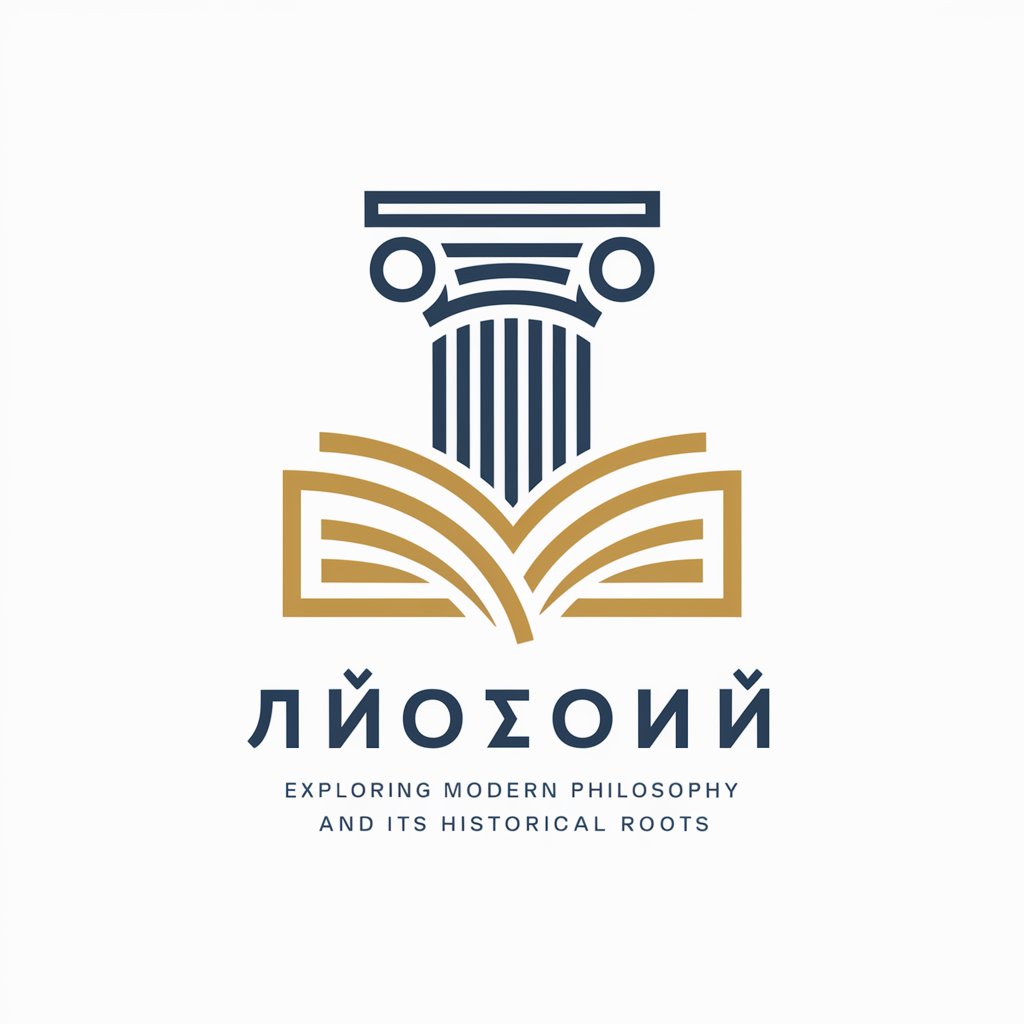
Welcome to your journey through modern philosophy and its historical roots.
Explore Philosophy with AI Power
Explain the influence of existentialism on contemporary thought.
Compare and contrast analytical philosophy and continental philosophy.
Discuss the relevance of social contract theory in modern politics.
Explore the philosophical implications of artificial intelligence.
Get Embed Code
Exploring Modern Philosophy and Its Historical Roots
Exploring Modern Philosophy and Its Historical Roots is a specialized tool designed to deepen understanding of contemporary philosophical concepts and theories while exploring their historical backgrounds and the influential thinkers who shaped them. This program is structured around a 12-week curriculum that includes online sessions, readings, discussions, and essay submissions, aimed at fostering philosophical thinking skills. For example, during the second week, users engage with existentialist philosophers like Sartre and Camus, discussing existentialism's impact on modern thought through guided discussions and curated readings. Powered by ChatGPT-4o。

Core Functions and Applications
Question and Explanation
Example
A user might ask, 'What is the existentialist view on freedom?', and receive a concise, clear explanation of existentialist perspectives on human freedom and responsibility.
Scenario
During an online session, learners could use this function to quickly clarify philosophical concepts they encounter in their readings, enhancing their understanding and ability to participate in discussions.
Discussion Facilitation
Example
Using prompts provided by the tool, learners can debate the ethical implications of AI, drawing on different philosophical theories to support their arguments.
Scenario
In a forum setting, this function can stimulate deeper analysis and varied viewpoints among students, encouraging a dynamic learning environment.
Essay Feedback
Example
A student submits an essay on political philosophy. The tool reviews the structure, content, and logical coherence, providing constructive feedback.
Scenario
This function helps users refine their writing and critical thinking skills, essential for academic growth and professional development in philosophy.
Additional Resources
Example
After discussing Nietzsche's philosophy, the tool might suggest supplementary texts and articles for further exploration.
Scenario
This function enriches the learning experience by connecting learners with a broader range of materials, deepening their knowledge base.
Promotion of Philosophical Thinking
Example
The tool might pose a dilemma related to environmental ethics, asking users to consider various consequences and moral standings.
Scenario
Such prompts challenge learners to apply philosophical concepts to real-world issues, enhancing analytical and ethical reasoning skills.
Progress Reflection
Example
At the end of a module, the tool might ask learners to reflect on what they've learned and identify areas for further inquiry.
Scenario
This periodic reflection helps learners assess their understanding and growth, encouraging continuous learning and self-improvement.
Target User Groups
Philosophy Students
Undergraduate and graduate students enrolled in philosophy courses would benefit from the structured curriculum and depth of resources, enhancing their academic knowledge and critical thinking skills.
Academic Professionals
Professors and researchers in philosophy can use this tool to supplement their teaching materials and engage in rich academic discussions, fostering a collaborative and insightful educational environment.
Lifelong Learners
Individuals with a keen interest in philosophy who are not necessarily part of an academic institution but wish to deepen their understanding and appreciation of philosophical discussions and theories.

How to Use 現代哲学と歴史的ルーツの探求
Step 1
Visit yeschat.ai to begin exploring without needing to sign up or subscribe to ChatGPT Plus.
Step 2
Choose the 'Philosophy and Historical Roots' module to focus on modern philosophical theories and their historical contexts.
Step 3
Utilize the 'Ask a Question' feature to inquire about specific philosophical concepts or thinkers.
Step 4
Engage with the AI to simulate deep philosophical discussions or to get feedback on philosophical essays.
Step 5
Review the additional resources recommended by the AI for further learning and deeper understanding.
Try other advanced and practical GPTs
地元の歴史散策ガイド
Discover History at Your Fingertips

Brief Buddy
Craft Perfect Briefs with AI

市場分析GPT
Unlock market insights with AI
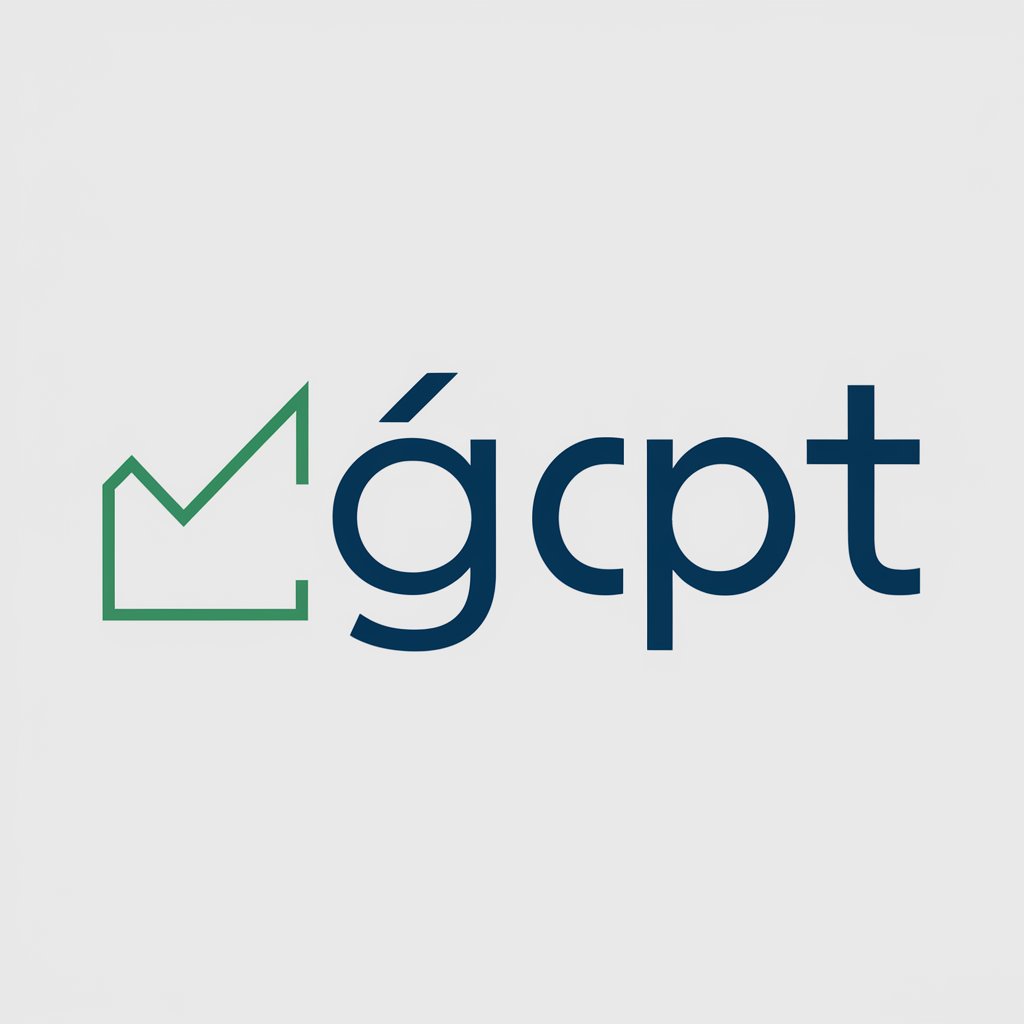
スキー場情報ナビ
Your AI-powered ski resort navigator

職場支援ナビ
Empowering Your Workday with AI
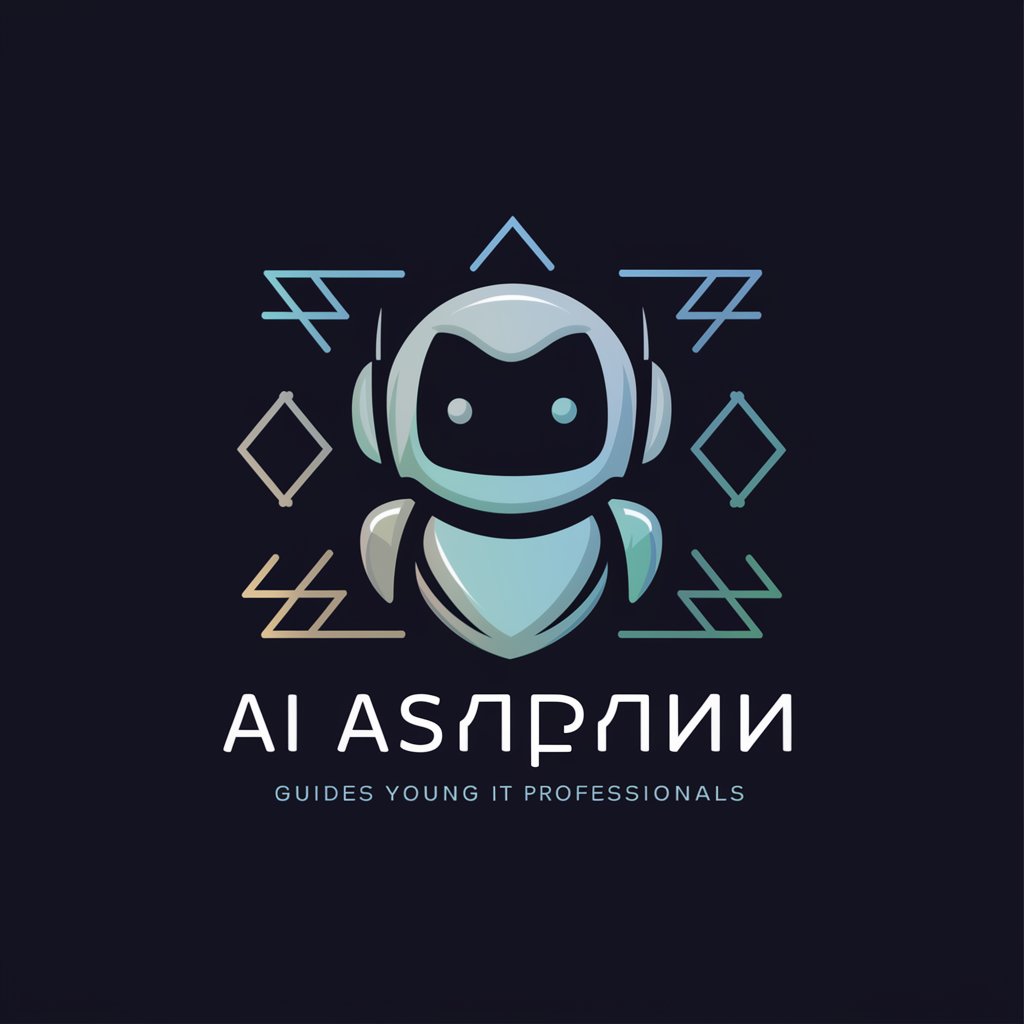
市場達人
Expand Markets with AI Intelligence

歴史上の偉人体験ツール
Revive History with AI
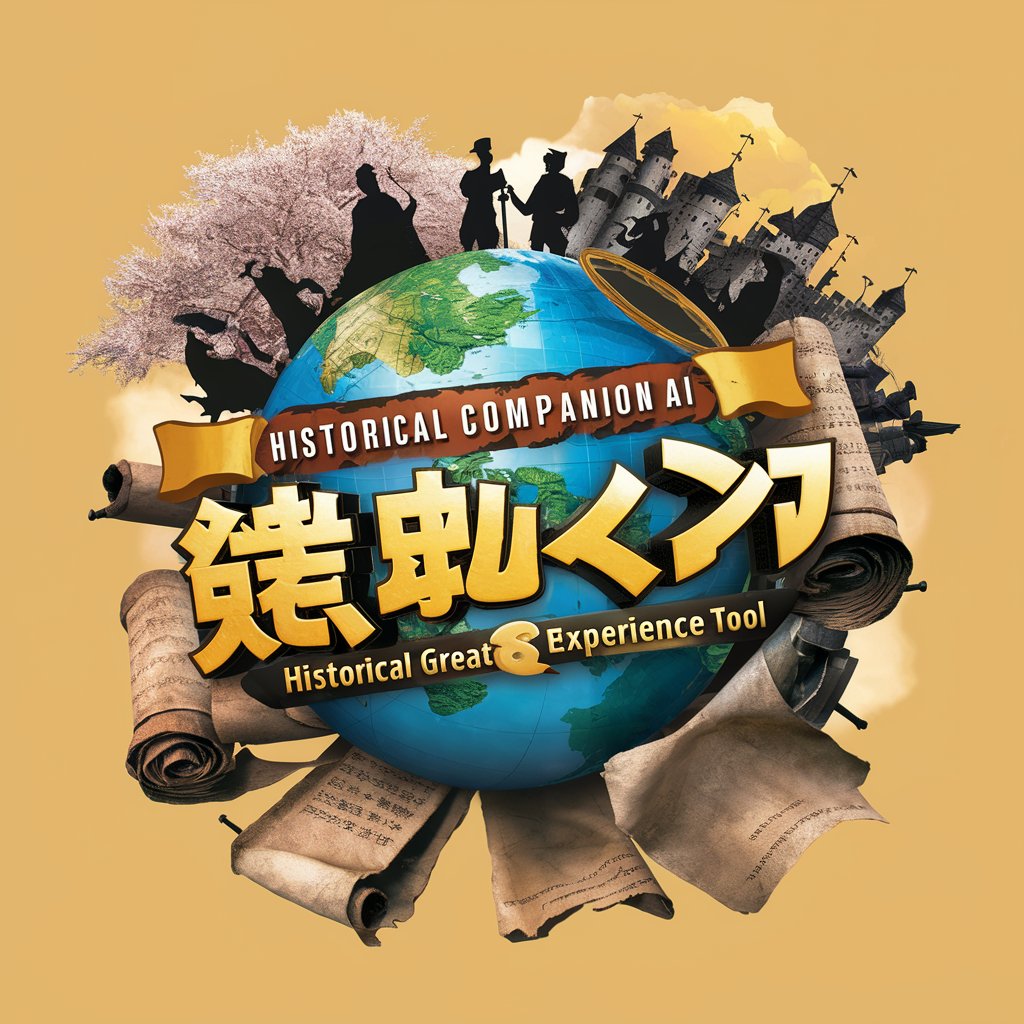
世界の歴史AI先生
Learn History with AI Guidance
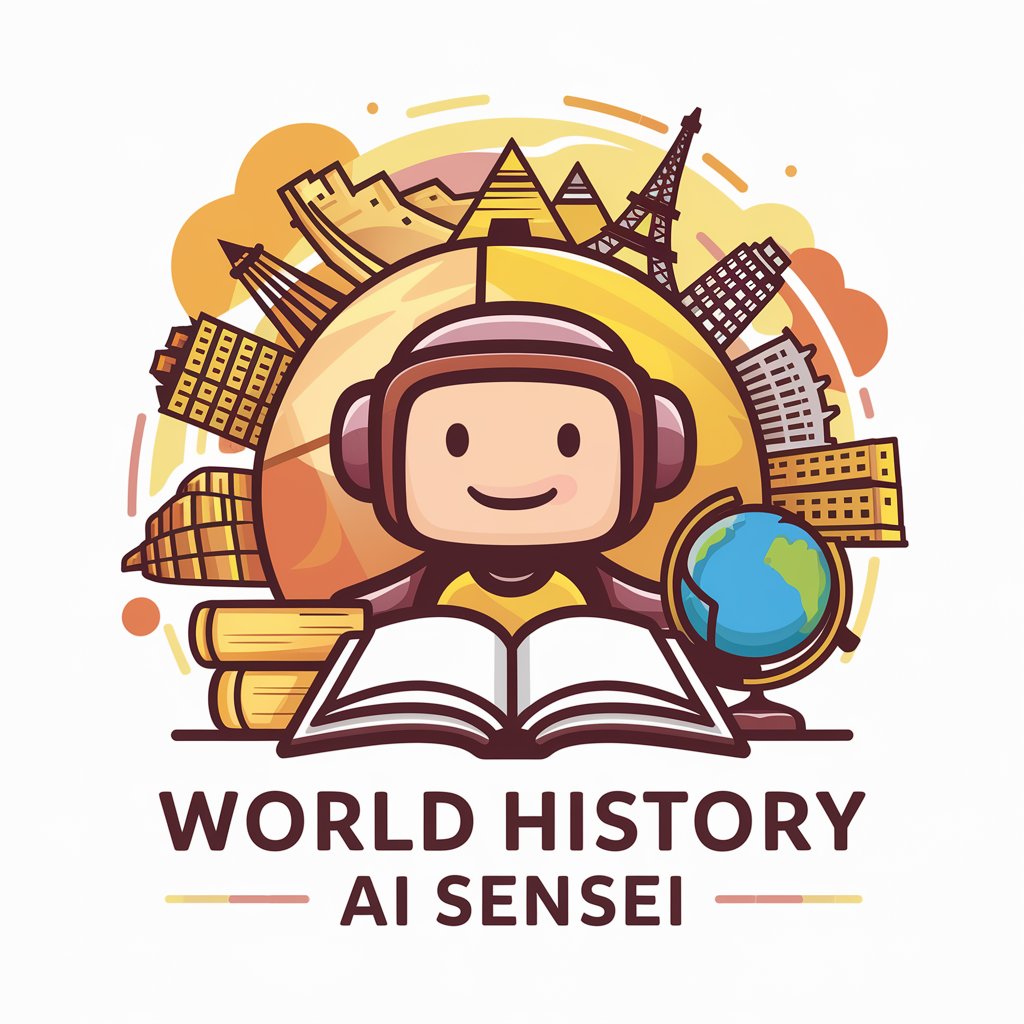
地元の歴史家
Explore Local History with AI
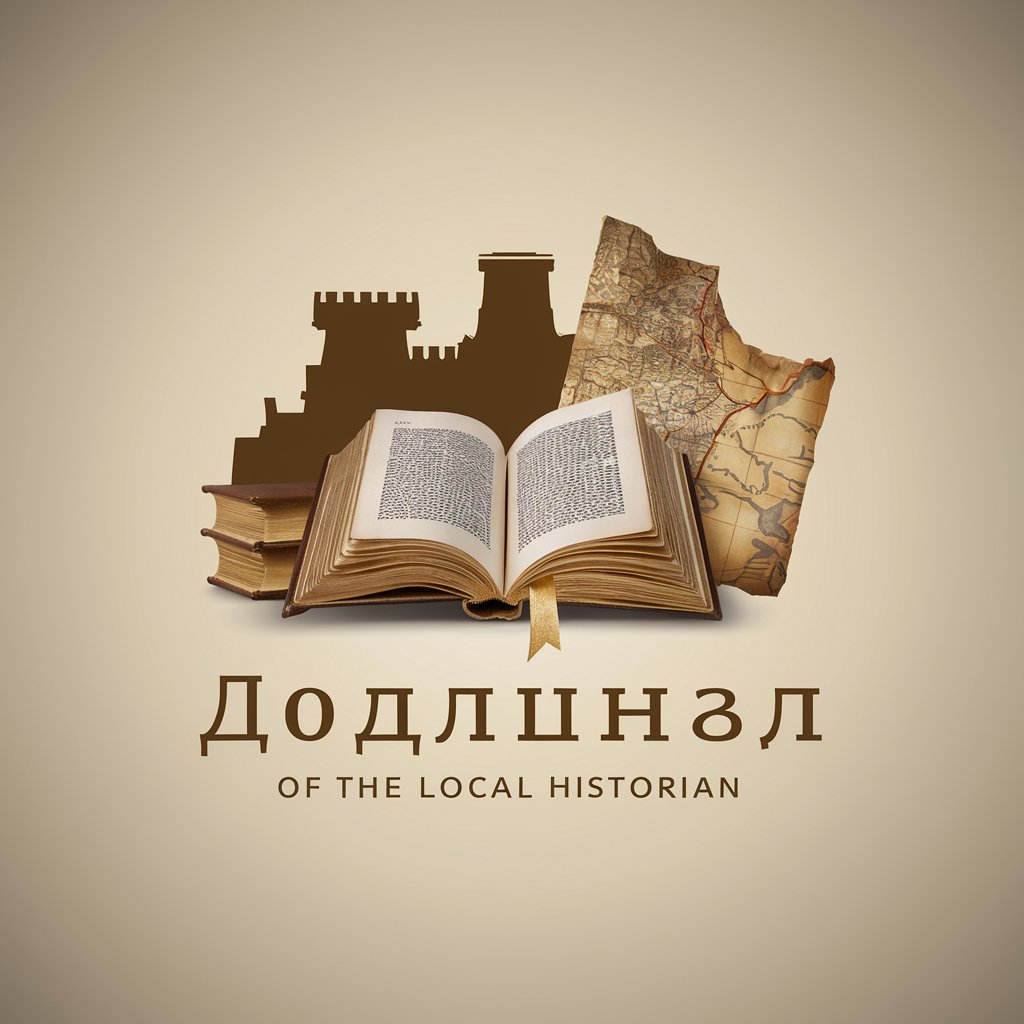
世界の歴史PRO
AI-powered history insights and knowledge
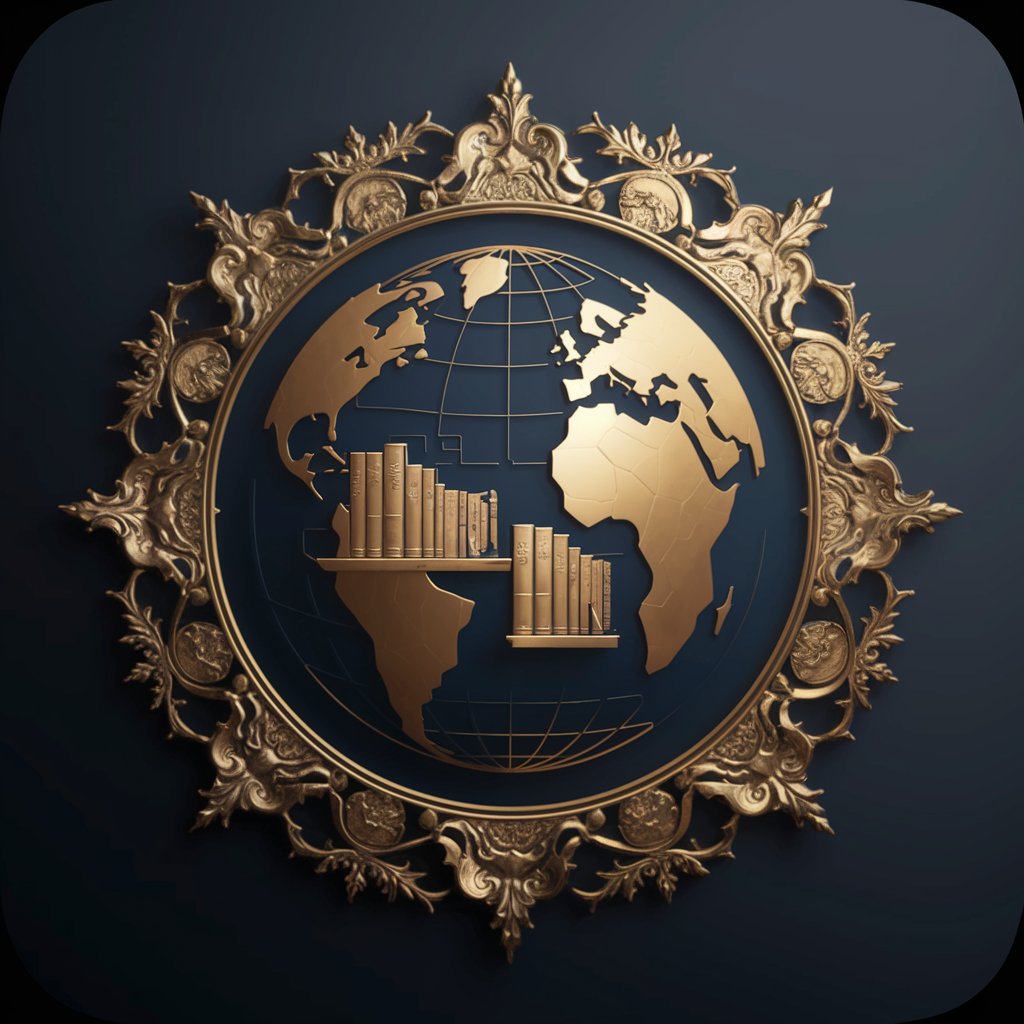
中学社会の歴史のAI先生 / JUKEN CAMP
Master history with AI-powered guidance

SEND in Schools Support UK
Empowering Education with AI-driven SEND Support
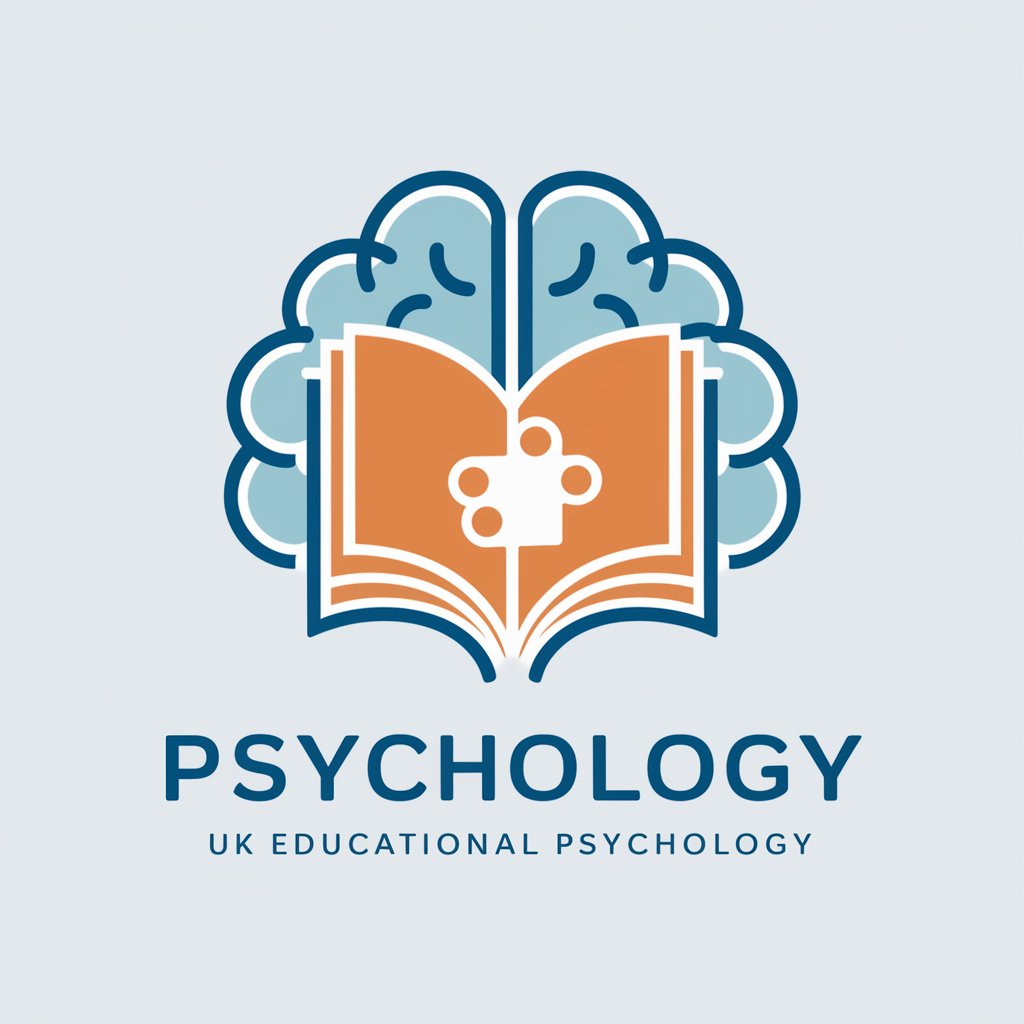
Frequently Asked Questions about 現代哲学と歴史的ルーツの探求
What is 現代哲学と歴史的ルーツの探求?
This is an AI-driven learning program designed to deepen understanding of modern philosophy and explore its historical roots. It utilizes GPTs to provide explanations, foster discussions, and offer feedback on philosophical writings.
How does this tool assist with philosophical essay writing?
The tool provides structured feedback on the content, coherence, and logical consistency of philosophical essays, helping users refine their arguments and improve their writing skills.
Can 現代哲学と歴史的ルーツの探求 help me understand complex philosophical theories?
Yes, the AI can simplify complex theories into understandable concepts and relate them to real-world applications, making it easier for users to grasp difficult philosophical ideas.
What are some common use cases for this tool?
Common uses include academic learning, preparation for debates or discussions, deepening personal understanding of philosophy, and obtaining guidance on philosophical essay writing.
Is there a community or discussion feature in 現代哲学と歴史的ルーツの探求?
While the tool itself does not host a community, it facilitates philosophical discussions by providing users with prompts and topics for debate, encouraging critical thinking and exchange of ideas.
